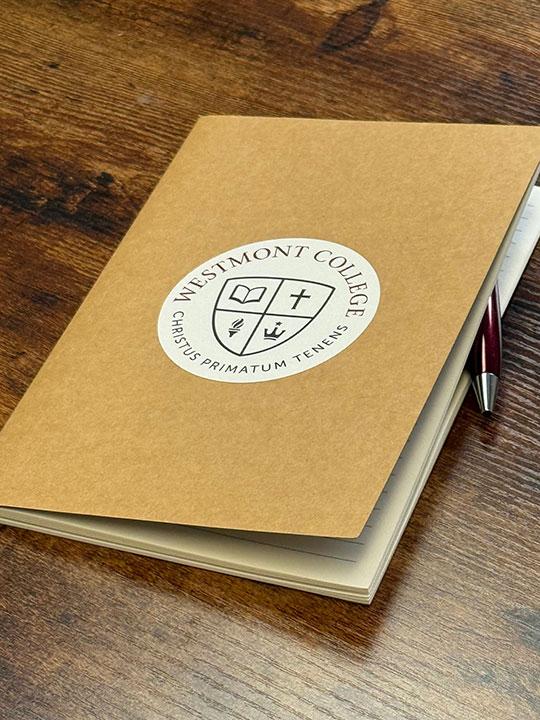Westmont News
By Mark Nelson, Ph.D., Monroe Professor of Philosophy Finding Thanksgiving in Everyday Grace

By
Westmont
Thanksgiving is more than a holiday marked by turkey, pumpkin pie, and family gatherings—it is a reminder that gratitude begins the moment we recognize we are not owed anything, yet we have been given everything. In my Moral and Spiritual Psychology class at CS Lewis, I invite students to practice gratitude not as a fleeting habit but as a way of being, encouraging them to keep a weekly gratitude journal that thanks God for five things each week.

It’s easy to fall into a rut—listing the same “family, health, job, home, friends” over and over. While those blessings are certainly worth celebrating, true gratitude expands when we deliberately seek new angles. By varying the categories we thank for, we train our minds to notice the richness of everyday life, turning ordinary moments into extraordinary reminders of grace.
Below are some prompts that have sparked lively conversations in my classroom and could inspire anyone looking to deepen their Thanksgiving reflections. Feel free to mix, match, or invent your own—thanksgiving is, after all, a personal pilgrimage.
General Five things you are thankful for—any five!
Upbringing Five aspects of your childhood that shaped you.
People Five current friends, five family members, five teachers, or even five people who challenge you (thank God for them, too).
Body Five parts of your body (legs, hands, senses) or five physical sensations you love.
Mind Five mental gifts—curiosity, patience, creativity, memory, humor.
Everyday Skills Five practical abilities (tying shoes, ironing a shirt, riding a bike, casting a fishing line, sewing a button).
Environment Five things in the room you occupy, five features of your immediate surroundings, or five favorite trees you pass by.
Science and Nature Five cool scientific facts, five species of plants or animals you’re glad exist, five brilliant achievements by gifted people.
Culture Five pieces of music, five works of literature, five passages of Scripture that move you.
Life Lessons Five failures or trials that taught you something valuable, five things you’ve learned in school, five “bad” things you no longer have to worry about.
Physical Well‑Being Good sleep? Interesting dreams? Excellent digestion? Each is a quiet miracle worth thanking God for.
Pick one of the categories above —or create your own— and write down five specific items before your Thanksgiving dinner. As you set the table, read them aloud. Notice how each item, no matter how small, adds depth to the feast of blessings surrounding you.

Psychological research shows that varied gratitude practices activate different neural pathways, reinforcing a more resilient sense of well‑being. Spiritually, the act of naming diverse gifts mirrors the biblical call to “give thanks in all circumstances” (1 Thessalonians 5:18), turning routine appreciation into worship.
When we pause to reflect on the myriad ways we are cared for — by people, by nature, by the simple rhythms of our bodies — we begin to experience gratitude rather than merely express it. That lived gratitude is the heart of Thanksgiving: a joyful, humble acknowledgment that every breath, every laugh, every lesson is a gift.
May your Thanksgiving be filled with fresh eyes, open hearts and countless reasons to give thanks,
Mark Nelson, Ph.D., Monroe Professor of Philosophy